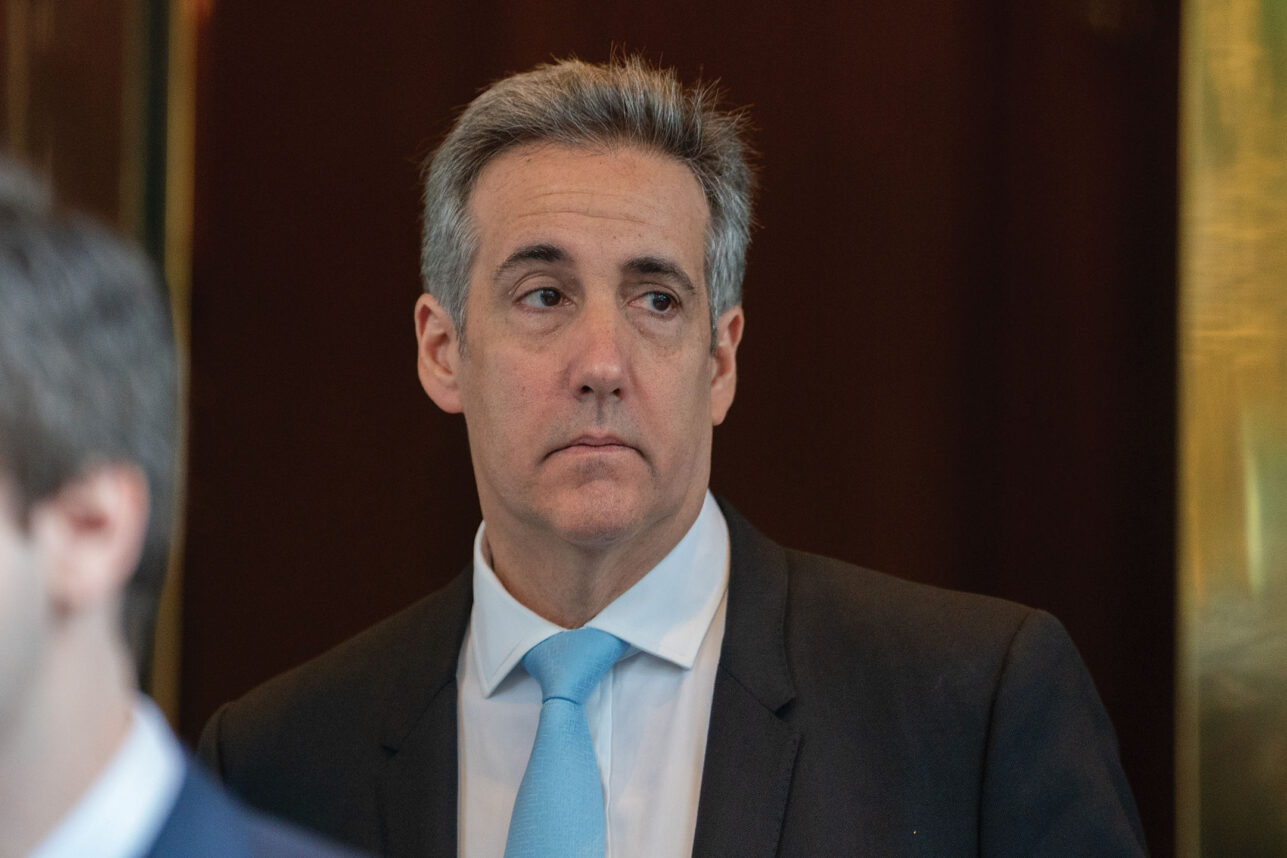How many lawyers does it take to build a library?
If you’re expecting a punch line, think again, because despite attorneys’ sharklike reputations, many law firms are generous charitable givers and many attorneys are getting personally involved in the charities their firms support.
A few years ago, Mitchell Silberberg & Knupp funded a library at Richland Avenue Elementary, a school with many economically disadvantaged families and disabled students right next to MS&K’s West Los Angeles office. In addition to paying for the library, about a dozen of the firm’s lawyers continue to volunteer as reading tutors for kids in the school through KOREH L.A., a literacy program sponsored by The Jewish Federation of Greater Los Angeles.
“Years ago, we didn’t do stuff like this. We just wrote checks for dinners and things like that. It was a big deal for us to begin to identify things directly where we could make a specific impact,” said Allan Cutrow, a partner at MS&K, who is the chair of KOREH L.A. and a past chair of The Jewish Community Foundation of Los Angeles.
MS&K recently gave $25,000 to Jewish Family Service’s Family Violence Project, netting $75,000 through a matching grant challenge — enough to, among other things, help staff an additional support group for domestic violence victims.
According to the Pro Bono Institute, major law firms on the West Coast dedicated an average of 4.47 percent of their hours to free legal work for the disadvantaged or nonprofit institutions in 2009. Last year, firms also donated an average of $240,000 to legal services organizations, though no data was available on donations to other institutions.
Cutrow says MS&K’s charitable foundation — funded by an internal firm tax on the partners, in addition to voluntary gifts — gives about $200,000 a year.
In 2009, The Jewish Federation’s Legal Division raised more than $3.75 million, and attorneys often participate in related social-action projects, such as Bet Tzedek’s Holocaust reparation clinics.
Liner Grode Stein Yankelevitz Sunshine Regenstreif & Taylor, a 50-lawyer firm in Westwood, has adopted South Central Scholars, a program that provides college guidance and scholarships to high-performing students living in challenging circumstances in South Los Angeles. The students in the Liner Scholarship Program have already been awarded scholarships at top universities but often need more money to close a tuition gap or pay for other expenses.
In addition to providing up to $5,000 annually for 10 new students every year, each student is paired with an attorney who serves as a mentor.
“Though we were doing good work before, we were not able to touch, taste or feel the impact of the resources we were directing. We really wanted to have the ability to do more than just give money, but to try to have a real, personal relationship with the people we were helping,” said Stuart Liner, a founding and managing partner of the firm, which donates about $400,000 to $500,000 annually to various causes. “It made it a learning experience for us as well — it’s a good centering opportunity for us to see where these kids are coming from.”
Often, the culture of giving comes from the top partners, sometimes going back to a firm’s origins.
At Holland and Knight, founder Chesterfield Smith is legendary.
“He built this firm not only as a very strong firm businesswise and commercially, but also around a core value of providing service back to the community, and that is something that continues to be an important value for us,” said Jerry Levine, executive partner of the Los Angeles office for Holland and Knight.
Holland and Knight houses offices and provides lawyers for Kids in Need of Defense, an organization that helps immigrant children, and the firm donates both hours and money to several other legal services funds. The firm sponsors essay contests for Native Americans and African Americans and a Holocaust-themed essay, and has awarded more than $1 million in scholarship money for top essay winners since 1995.
David Lash, who runs the pro bono services at O’Melveny and Myers in Century City and used to direct the nonprofit legal services organization Bet Tzedek, says he sees a shift away from charitable giving being the personal missions of specific partners.
“We’re not dependent on individuals anymore. … Being involved in philanthropy is more a part of the fabric of doing business,” Lash said. “How we do charity has become part of how we do business.”
O’Melveny pays for scholarships for low-income students and funds programs at O’Melveny Elementary School in San Fernando. Firm lawyers also mentor high-achieving students and scholarship recipients.
Lash says firms often support educational endeavors — attorneys understand the benefits of higher education. Most often, he said, firms support legal services organizations for the poor, both with pro bono hours and monetary donations. When he was at Bet Tzedek, law firms were his primary supporters.
“Law firms understand exactly what legal services organizations do, and that it is one of the most effective anti-poverty vehicles in the charitable world,” Lash said. “Lawyers can make a very unique impact in the fight against poverty that nobody else can make, because of their ability to go into court on behalf of poor people.”






















 More news and opinions than at a Shabbat dinner, right in your inbox.
More news and opinions than at a Shabbat dinner, right in your inbox.